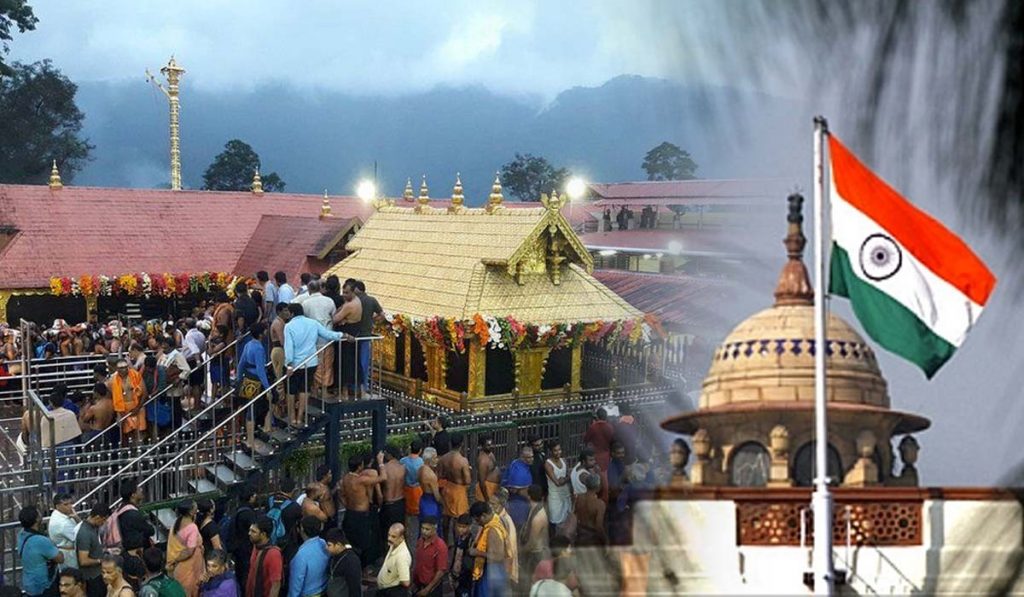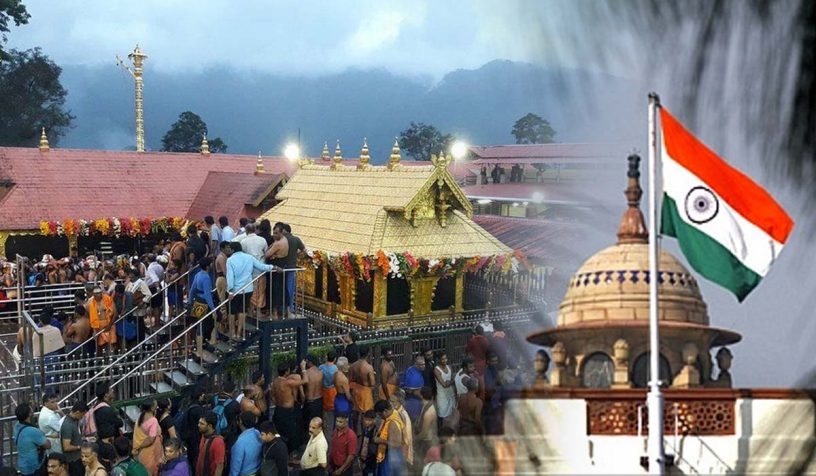
The researchers make an attempt to provide an original approach for courts to “balance” competing interests in a case involving a deity’s fundamental rights.
Authors
Anujay Shrivastava & Yashowardhan Tiwari, Law Graduates (Class of 2020) from Jindal Global Law School, O.P. Jindal Global University, Sonipat, Haryana, India.
Summary
One of the most fascinating legal developments in India has been the law surrounding ‘deities’. Unfortunately, the nature and scope of a deity’s rights is often misunderstood. In attempting to clarify the scope of a deity’s rights, this article traces the deity as a ‘juristic person’.
Whilst analysing whether a deity has ‘fundamental’ and ‘constitutional’ rights in India, the separate opinions in the Sabarimala judgment are critiqued. Moving forward, an attempt is made to provide an original approach for courts to “balance” competing interests in a case involving a deity’s fundamental rights.
Further, the landmark Ram Janmabhoomi judgment is analysed to fill in the gaps regarding recognition of a legal personality, deity’s significance in the modern legal system and status of a land with religious significance. Finally, an overview of the ongoing Krishna Janmabhoomi dispute at Mathura is provided in light of the deity’s jurisprudence.
Published in: International Journal of Law and Policy Review
To read the full article, please click here.


